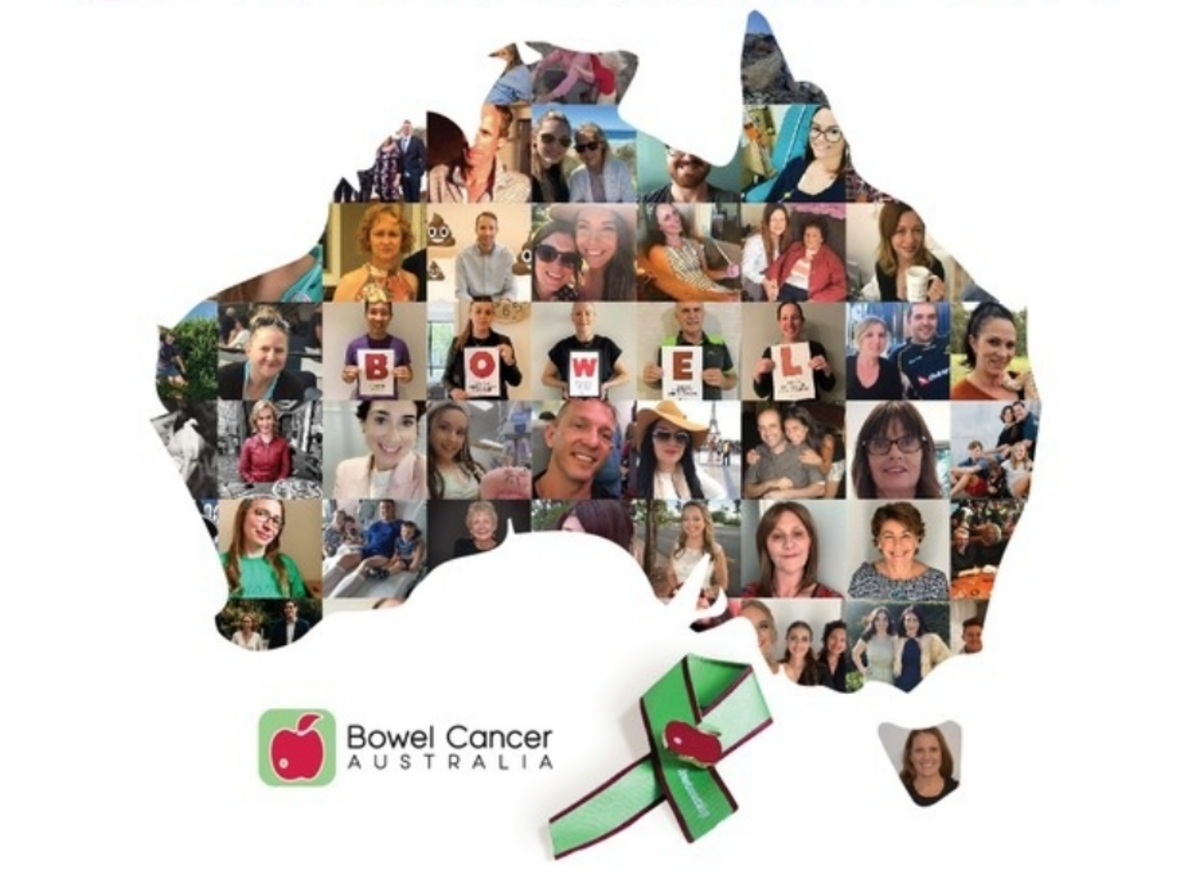Alarming rise in bowel cancer in adolescents
Anjelica Leovic
31 May 2023, 6:00 AM
 300 Australians will be diagnosed with bowel cancer this week (15,610 people a year)
300 Australians will be diagnosed with bowel cancer this week (15,610 people a year)Australian research has revealed that younger people with bowel cancer symptoms are being turned away from doctors due to age bias.
Published in the BMJ Open and BMC Primary Care, the research shows they have to self-advocate to overcome this age bias and barrier to diagnosis.
Already the deadliest cancer for those aged 25-44, over the past three decades there has been a 266 per cent increase in bowel cancer incidence rates in adolescents aged between 15 and 24 years.
Chief Investigator Dr Klay Lamprell, from the Australian Institute of Health Innovation at Macquarie University, agrees that youth should not be a barrier to timely bowel cancer diagnosis.
"Young people with bowel cancer say the same the world over. Because they are young, they are overlooked for bowel cancer.
"The research found younger people may spend between three months and five years seeing multiple doctors before diagnosis. They may make ten or more visits to GPs.
The research says adolescents are subjected to diagnosis taking 60 per cent longer than later-onset bowel cancer patients, causing them to be diagnosed in the later, deadlier stages of the disease.
Dr Lampress says there is a high rate of patient dissatisfaction with GPs, with eventual referrals and lengthy wait times for non-urgent colonoscopies.
"Patients perceive their GPs’ low suspicion of cancer given their age as an age bias that shapes the nature of clinical assessments, influences the investigations conducted and referrals given, and creates tensions which obstruct shared decision-making."
There is also a lack of clinical awareness of early-onset bowel cancer, meaning adolescents seeking diagnosis are often challenged by GPs.
"Our research concludes that with the rising global incidence of bowel cancer in people aged under 50, there is a mounting imperative for GPs to receive more information and clinical guidance on early-onset bowel cancer diagnosis," Dr Lamprell says.
Patients under 50 years have an increased risk of developing bowel cancer when they experience one or more symptoms of abdominal pain, rectal bleeding, diarrhea, and iron deficiency anaemia between three months and two years prior to diagnosis.
With a high increase in bowel cancer incidence rates in adolescents, there needs to be an improvement to the accessibility of information about early-onset bowel cancer, according to Bowel Cancer Australia CEO Julien Wiggins.
"Younger people need to be aware of, and act on, these potential signs and symptoms and have them investigated so as to rule out bowel cancer as an underlying cause."